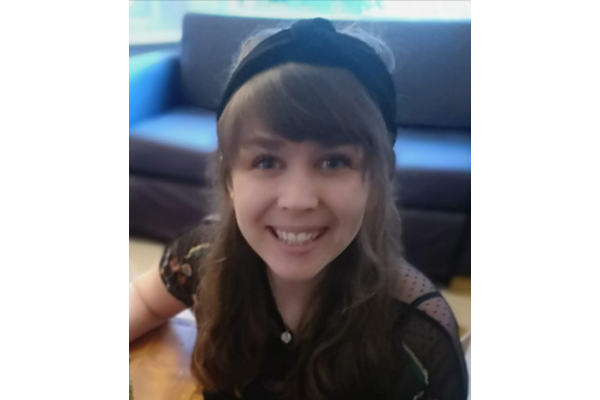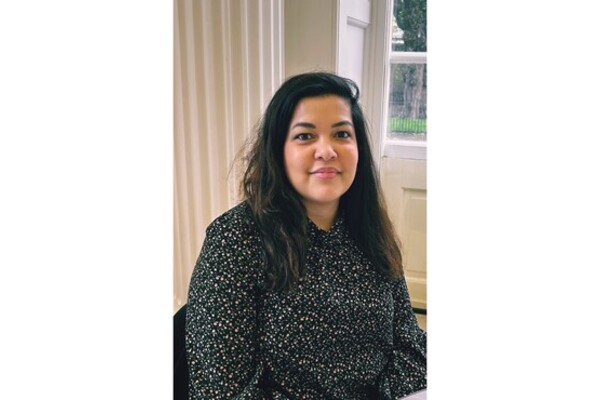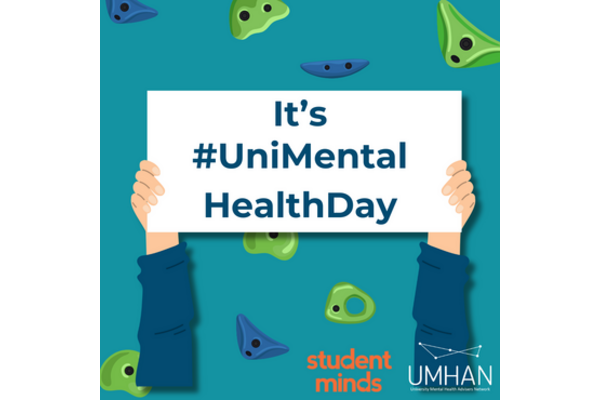In this week's blog post we have the latest in our series of member case studies. Introducing Mental Health Advisor - Megan Barker...
Name
Megan Barker
Job title
Mental Health Advisor
Employer
Kingston University (KU)
How long have you worked in student mental health?
Approx. 4 years
Can you outline your career and how you got to where you are today?
I studied Law at university but was always interested more in the 'people' side of things. Throughout university I volunteered at organisations like the NSPCC, the Prisoners' Advice Service, Mind and Shelter. After my degree, I decided to do further study to train to be a mental health social worker. I worked in a variety of settings, including the NHS, in the homelessness sector and in a mental health charity. My first role as a university mental health advisor was at KU - I joined in March 2018 and have been working here ever since.
How does your experience and training help you to do your job well?
I have lots of experience in working with people who have diagnosed mental health conditions. I feel this gives me a good basis for learning more about the individual student I am supporting so we can work together to ensure that they can access the advice and help required at university. I also have personal experience of having a mental health condition that led to difficulties while I was at university. I have found this really helpful in being able to empathise with students and understand some of the difficulties that might be going on - although of course, listening to all students' stories is vital as no two people will ever have the same experiences.
Can you briefly explain your day-to-day responsibilities?
I work within a Disability & Mental Health Advice service - I provide support and arrange reasonable adjustments for students with diagnosed mental health conditions. I also assist students with setting up their Disabled Students Allowances (DSA) package and provide practical and emotional support to students throughout their learner journey. Sometimes my job involves providing crisis support or writing referrals to external services (such as GPs, community mental health teams and hospital staff).
What’s helped you to stay in your role?
The students and my incredible team! It is an absolute privilege to get to work with students at such an exciting, important, and sometimes challenging time as when they are at university. The students I work with keep me feeling passionate and energised - it's also good that no two days are ever the same so there's always more to learn! The team of advisors that I work with are committed, knowledgeable and friendly so this helps me to stay in my role. I am also studying part-time for an MSc Psychology here, so I really appreciate that KU is supporting me to develop my skills and knowledge by doing this course - I feel that the more I learn, the more I can do to help the students I work with.
What part has UMHAN played in this?
I am fairly new to UMHAN but have made great use of the online resources, the Social Work forum, and the monthly newsletters - I look forward to getting more involved with UMHAN and networking with advisors from other institutions!
What’s your favourite part of your role?
My favourite thing about this job is meeting with students and getting to know more about what brings them to university and what they hope to achieve from their course. Now that I have been here for almost 4 years, I have worked with people throughout the whole student journey (e.g., students I met as freshers have now graduated and moved on to great things) - it's so inspiring to see this and it makes me really proud of doing this role.
What has changed in student mental health since you started your role?
The demand for mental health services at universities has increased greatly since I started in my role. Coupled with this, the increasing strain on the NHS has led to a surge of demand on our wellbeing and mental health services which has presented challenges at times. However, it has been great to see that more people are feeling comfortable opening up about their mental health experiences at university and accessing support they may need to achieve on their course.
What do you think are the biggest remaining challenges?
I think there continues to be a lack of awareness across the spectrum of mental health experiences. I feel we have come a long way as a society in understanding and accepting conditions such as depression and anxiety; however, I feel that more work is vital to improve support and understanding of more stigmatised mental health conditions. It is also important that universities continue outreach work to ensure that we are providing support to students from different cultures, backgrounds, and experiences.









